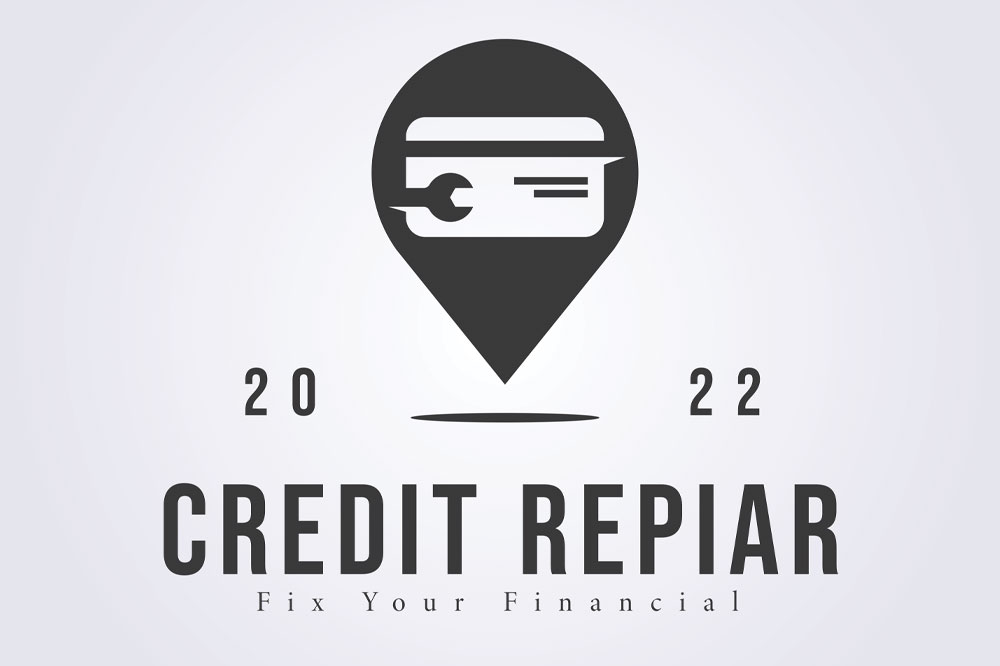Understanding Hard and Soft Credit Checks: What You Need to Know
Learn the differences between hard and soft credit inquiries, when they are used, and their effects on your credit score. Understand who initiates these checks and how they influence your financial profile, helping you make informed decisions during loan applications and background assessments.
Sponsored

Your credit profile in the United States is maintained by three major agencies that record your borrowing and repayment history. Lenders, employers, and credit card companies often request access to this data. It’s important to understand when a hard credit check is necessary versus when a soft inquiry is suitable, and who initiates these checks.
Hard credit checks are typically required in the following cases
Applying for auto loans
Securing a mortgage
Requesting educational loans
Applying for new credit cards
Loan applications for property purchase
Instances where hard inquiries may be authorized include
Verification by stock trading platforms
Setups for phone or internet services
Opening checking, savings, or money market accounts
Increasing existing credit limits
Soft credit checks are commonly used when
Reviewing your personal credit score
Pre-approved loan or credit card offers based on past activity
Employers performing background checks for job suitability
While not always required, soft inquiries can also occur in other situations:
When a landlord checks your credit before renting a property
When telecommunications providers evaluate your credit for service setup
During account opening processes at banks
It's important to note that hard inquiries require your explicit consent after a loan or credit application, whereas soft checks can happen without your permission. Hard inquiries adversely affect your credit score, while soft checks typically do not harm your credit standing.
Most soft credit checks, including those for personal score assessments, have minimal to no impact on your credit health.






